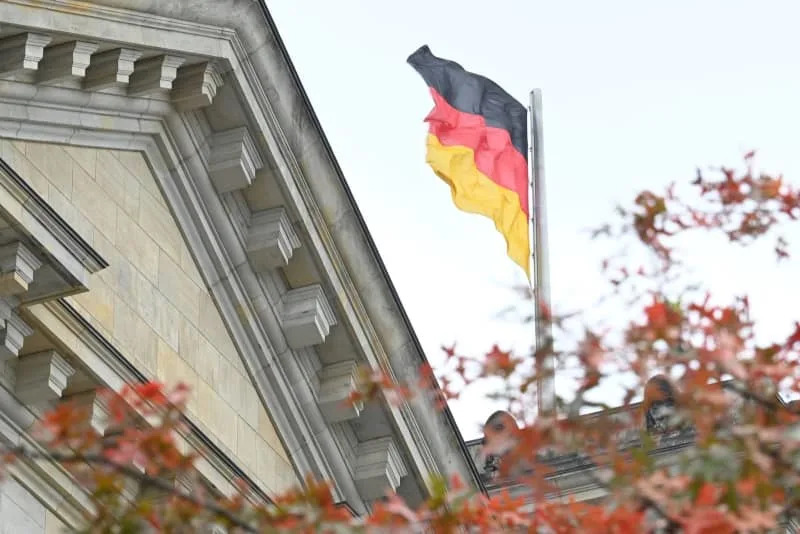In a significant move, Buckingham Palace announced on March 14, 2024, that King Charles III has initiated the removal of titles and honors from his brother, Prince Andrew, effectively renaming him Andrew Mountbatten Windsor. This decision marks a decisive step in the ongoing fallout from Andrew’s association with the convicted sex offender Jeffrey Epstein.
Following the announcement, Andrew’s name was swiftly expunged from the official peerage list, solidifying the withdrawal of his royal titles. The royal family hopes this action will help mitigate the public’s discontent surrounding Andrew’s past actions and associations. Nonetheless, questions remain regarding his future living arrangements, potential legal challenges, and the broader implications for public perception.
Where Will Andrew Reside?
Currently, Andrew is expected to remain temporarily at the Royal Lodge, a lavish 30-room mansion in Windsor Great Park. He has resided there since 2003, having been granted a 75-year lease by the late Queen Elizabeth II, which was due to expire in 2078. However, Buckingham Palace has indicated that Andrew has received formal notice to surrender his lease, with plans for him to move to “alternative private accommodation.”
Reports suggest that he may relocate to a property within King Charles III’s private estate in Sandringham, located in Norfolk. Sandringham is home to approximately 150 properties and is traditionally where the royal family gathers for Christmas celebrations. Although he has been informed he would not be welcome at Sandringham for the holidays, his relocation may not occur until after this period, as logistical arrangements take time.
Financial Future and Succession Status
Despite the loss of his royal titles, Andrew will continue to receive financial support from King Charles III, though the exact amount remains unclear. Following his withdrawal from public duties in 2019, Andrew was reportedly receiving an annual allowance of around £1 million ($1.3 million). However, it is believed that these payments ceased under the current king’s reign. Andrew’s only declared source of income is a naval pension, which amounts to approximately £20,000 ($26,000) annually.
Even with the stripping of his titles, Andrew remains eighth in line to the British throne. While it is possible to formally remove him from the line of succession through legislative processes, this would require the consent of Commonwealth nations and could take considerable time. The last instance of such an action occurred in 1936 during the abdication of Edward VIII.
The implications extend to Andrew’s family as well. His ex-wife, Sarah Ferguson, who divorced him in 1996, has also reverted to her maiden name and is expected to find her own living arrangements separate from Andrew. Their daughters, Princess Beatrice and Princess Eugenie, will retain their titles as non-working royals, unaffected by their father’s current situation.
Potential Legal Challenges and Public Reaction
Calls for accountability are intensifying, particularly from the Liberal Democrats, who have urged Andrew to testify before a parliamentary committee regarding his finances and the rent associated with Royal Lodge. The Conservative government, led by Prime Minister Keir Starmer, has thus far resisted calls for parliamentary debate on the issue despite public outcry for transparency. Geoffrey Clifton-Brown, chair of the Public Accounts Committee, has sought additional information on Andrew’s lease arrangements, emphasizing the need for accountability.
Activist group Republic has indicated plans to pursue a private prosecution against Andrew, citing a lack of accountability from government and law enforcement. The group aims to investigate allegations of sexual offenses and misconduct, including serious claims made by Virginia Giuffre. Giuffre, a prominent accuser linked to Epstein, alleged that Andrew had sexual encounters with her when she was a minor. Despite Andrew’s denials, he reportedly settled a civil case with Giuffre in 2022 for millions of dollars.
Giuffre’s family expressed that she would have found satisfaction in Andrew losing his title, suggesting that this action may not be sufficient to quell public dissatisfaction. A recent YouGov poll indicated that only 4% of Britons view Andrew positively, in stark contrast to the favorable ratings for other royals like Prince William and King Charles III.
As the royal family continues to grapple with the fallout from Andrew’s actions, the question remains whether these measures will be enough to satisfy a public demanding accountability. While Andrew’s situation has shifted dramatically, the sentiment towards him appears largely unchanged, with many calling for further action.







